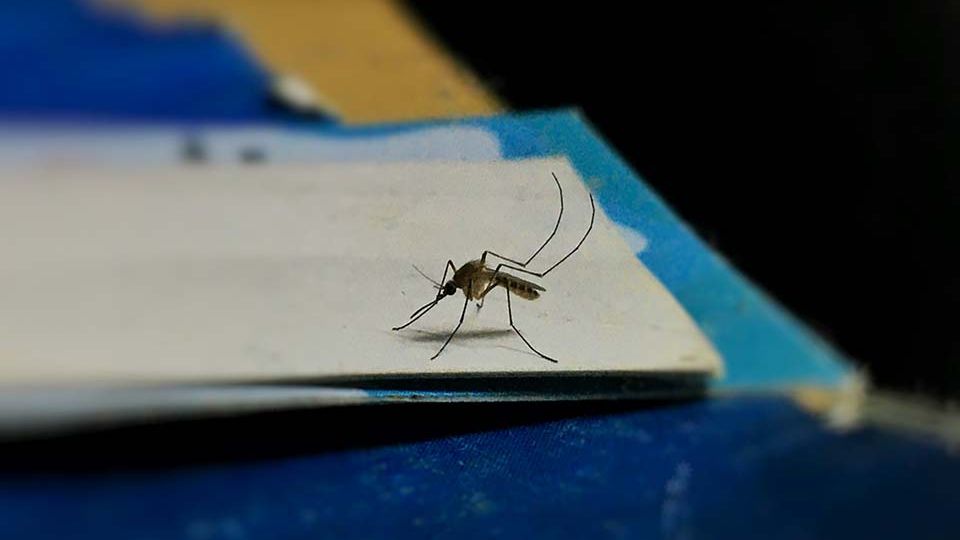August 14, 2024
VIENTIANE – Health officials and medical staff around the country must do more to improve case management and teach personnel how to report the resolution and management of dengue fever cases.
This was the message from Deputy Prime Minister Prof. Dr Kikeo Khaykhamphithoune when chairing the annual National Dengue Review Meeting on Tuesday.
The meeting was organised by the Department of Communicable Disease Control and Centre for Malaria Parasitology and Entomology under the Ministry of Health.
Dengue activities carried out by the ministry and are supported by the National Centre for Laboratory and Epidemiology, the Department of Health Care, Vientiane Health Department, and provincial health departments Prof. Dr Kikeo said medical staff at provincial and district hospitals and health centres need to broaden their knowledge and ensure the provision of effective services to people of all ethnic groups
Every province, town and village should make sure that all stagnant water is regularly cleared so that mosquito breeding grounds are reduced, he said.
Provincial authorities should guide district and village authorities in this work and advise all members of the public to treat the matter seriously, so as to prevent a serious outbreak of dengue fever and avoid the burden it places on hospitals, he added.
The Deputy PM also advised improvement of the coordination framework with regard to dengue fever, and the sharing of information in a timely manner, adding that various preventive measures should be thoroughly carried out and explained in detail, so that the public and local government agencies were able to follow through effectively.
Prof. Dr Kikeo Khaykhamphithoune requested further assistance in this work from the World Health Organisation, the Asian Development Bank, the World Bank and other international organisations.
Also speaking at the meeting, Minister of Health Dr Bounfeng Phoummalaysith said “The Department of Communicable Disease Control, Centre for Malaria Parasitology and Entomology and the National Centre for Laboratory and Epidemiology have been working with central and provincial health departments to closely follow up on trends in dengue cases to determine dengue transmission in high-risk areas and to monitor changes in mosquito density.”
“We need to closely monitor circulating dengue serotypes and continue to encourage community participation in the removal of potential mosquito breeding sites.”
Dengue outbreaks are cyclical, typically occurring every 3 to 5 years.
Changes in agricultural practices due to variations in temperature and rainfall can affect the transmission of vector-borne diseases.
Better reporting systems are needed to monitor and predict trends, as well as to support surveillance and capture the true burden of the disease.


